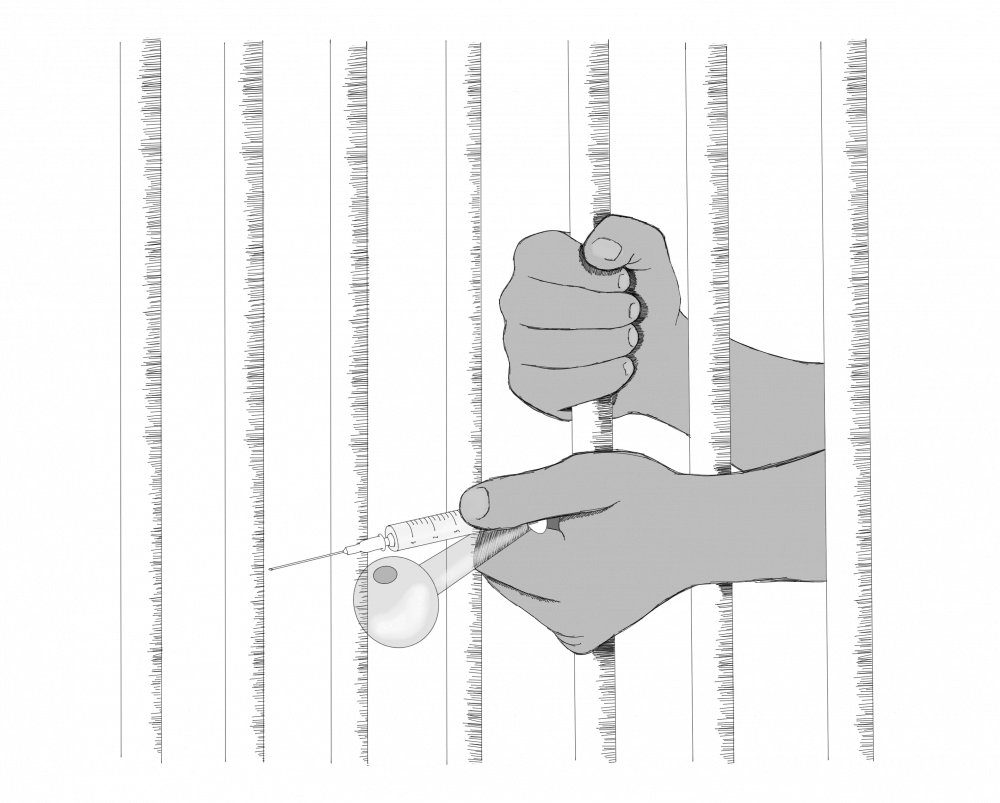Last week the Senate Judiciary Committee reviewed and backed the Sentencing Reform and Corrections Act with a vote of 16-5. This has been a bipartisan move, as both Democrats and Republicans have agreed on the necessity of this legislation.
This bill would reduce mandatory minimum sentences for nonviolent repeat drug offenders, get rid of the provisions for mandatory life sentences after a third-strike sentencing and essentially redefine sentencing procedures for many drug-related crimes.
Attorney General Jeff Sessions released a letter stating his opposition to this bill, writing, "In my opinion, if passed in its current form, this legislation would be a grave error."
Sessions may be in some place of authority and influence, but in this case the Editorial Board feels he is making a particularly egregious mistake. This bill would provide justice to the thousands of Americans systematically ignored and abused by the current U.S. prison system.
The scope and severity of drug crimes can vary greatly, which makes blanket statements such as Sessions' particularly harmful and unrepresentative of the average inmate convicted for such an offense.
Research has shown certain kinds of addictions occur more frequently among socioeconomically disadvantaged populations and populations with higher rates of unemployment. The needs of these individuals are often underrepresented in the legislative process, which is another reason why Congress needs to visit this issue.
Removing a minimum sentence for certain nonviolent crimes and mandatory life sentences for a third-strike would significantly lower the number of people we have in our nation’s prisons, which is not just moral progress, but a move that could also lower the spending needed for these prisons. The Vera Institute of Justice, a nonprofit national research and policy agency, found in 2012, prisons cost taxpayers $39 billion in the 40 participating states.
Likewise, this bill also addresses and makes reforms to the Fair Sentencing Act of 2010. This will hopefully clarify the differences between crack and powder cocaine, and equate the sentencing standards for their possession and usage. The American Civil Liberties Union has done research to show that throughout the past there have been significantly more incarcerations from the use of crack cocaine than the use of powder cocaine.
This research also further supports data suggesting that historically, crack cocaine was used more frequently by black individuals or individuals living at or below the poverty line. The law as it stands adversely affects the poor and people of color simply because they cannot afford the powder form of the same drug.
This is just one example of how the effects of our legal system favors the rich and white enough to even lessen their prison sentences for use of the same drug used by minority populations.
It is pertinent that this bill is brought to the Senate floor and is eventually passed into law, because it would clear up many issues this nation has been having with drugs and incarceration.




